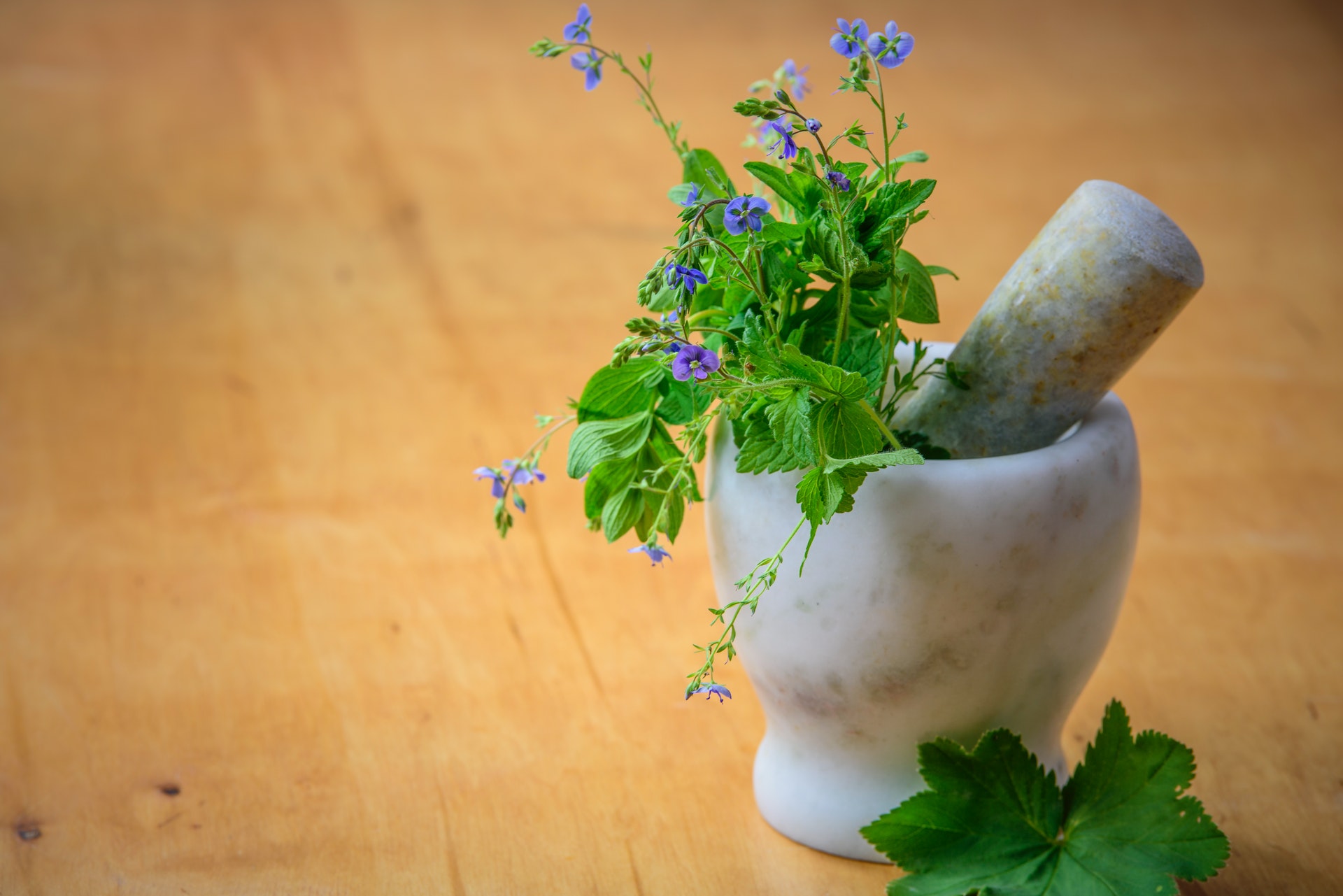More people than ever now turn to alternative medical techniques to treat any number of ailments ranging from the common cold to chronic diseases. Aromatherapy helps people naturally boost their moods, reduce pain and soothe their souls. Parents have even hopped aboard the aromatherapy train, but people with babies should proceed with care when treating their child’s cold via this method.
Most experts recommend avoiding the use of essential oils for babies less than six months old, as their neurological and immune systems have still not fully developed. However, older babies may benefit from essential oil therapy, especially when they’re feeling under the weather. Parents wishing to treat their sick baby naturally with essential oils should keep the following three pointers in mind to ensure their child’s safety.
Try Infant-Safe Essential Oils
Certain essential oils truly do benefit babies with colds, and parents can safely use these oils to treat other conditions, as well. Some to try include:
- Lavender: Lavender, for example, alleviates pain in children and adults alike and also helps to calm colicky babies. Parents can use lavender oil as a preventive measure to calm babies before trips to the doctor for necessary immunizations.
- Chamomile: Chamomile likewise calms babies and can alleviate insomnia. For babies experiencing insomnia due to illness, a bath with a few drops of chamomile can ease them into dreamland. The steam from the warm water decongests stuffy nasal passages, while the chamomile helps relax tight little muscles aching from sickness.
- Cinnamon Leaf: Cinnamon leaf gently warms the body, making it an ideal essential oil to use with a chest wrap to loosen up croupy lungs. As cinnamon leaf can cause skin irritation in high concentrations, parents must make sure to dilute the oil properly as a little dab of this oil goes a long way.
- Frankincense: The Magi in the Christian faith brought frankincense as one of their gifts to the baby Jesus for a good reason. Frankincense boosts immune system function, making it an excellent choice for alleviating baby cold symptoms as well as preventing relapses. Frankincense also aids in the healing of small cuts and bruises when applied topically.
- Spearmint: Spearmint oil eases digestion, so parents of babies experiencing tummy trouble can use this oil to alleviate vomiting and diarrhea. The scent of spearmint invigorates the senses, as well, bringing new perkiness to babies laid low with illness.
Know the Essential Oils to Avoid
Some essential oils pose particular dangers to children under 10, such as:
- Eucalyptus: Avoid using eucalyptus essential oil near babies and young children, as this oil has caused neurotoxicity and seizures in infants.
- Peppermint: Parents using spearmint essential oil often mistakenly assume that peppermint oil must work in a similar fashion. However, the higher menthol content contained in peppermint oil renders it dangerous for use with the little ones.
- Rosemary: Rosemary essential oil contains a high level of 1.8-cineole, the same active ingredient in eucalyptus. While this oil provides anti-inflammatory properties to adults, babies’ little respiratory and neurological systems cannot process this oil, leading to possible negative health consequences.
Learn How to Use Essential Oils to Treat Babies With Colds
Parents choosing to treat their babies’ colds naturally with essential oils must take precautions in the preparations of the oil they create. Remember the following tips before you start using this natural remedy:
- Use Oils Sparingly: Essential oils are extremely concentrated, so more than a few drops may lead to toxicity.
- Never Give Your Baby Essential Oils Internally: Digesting essential oils can cause ulcers, gastrointestinal upset, migraines and asthma in small children. Likewise, expectant mothers should avoid taking essential oils internally, as the mixtures the mother uses pass through the placenta wall causing possible congenital disabilities.
- Be Cautious With Sensitive Skin: Parents of babies with sensitive skin should exercise extra caution with even topical applications of essential oils, as they can cause skin lesions, eczema and even psoriasis on delicate infant skin. Discontinue essential oil use at the first sign of skin irritation to avoid exacerbating the condition.
- Perform Spot Tests First: To determine whether or not a baby possesses an allergy to some or all essential oils, parents should perform a spot test by adding a diluted essential oil to just a small patch of the baby’s skin. Wait for 24 hours. If no irritation appears in the treated area, parents can gradually expand their use of essential oils for other areas of the child’s body, taking care to keep the diluted oils away from the baby’s mouth and nose to prevent accidental ingestion.
- Try an Essential Oil Massage: Parents of babies with colds can safely give their infant an essential oil massage to ease symptoms and make their tyke feel better with the healing power of touch. Simply take a bit of diluted essential oil and warm it by rubbing your hands together. Using just your fingertips on baby’s delicate little body, use a circular motion to caress the oil into the skin.
- Utilize a Diffuser: Another popular method of utilizing essential oils involves using a diffuser to release a scented mix into the air. Take care to monitor your baby carefully if choosing this method, as strong scents can inflame the child’s respiratory system. Discontinue diffuser use at the first sign of breathing difficulty.
As more and more parents become enlightened in how to incorporate natural healing techniques with modern medical practices, essential oil use among infants and adults alike will no doubt continue to rise. By learning about the safe use of essential oils for treating baby ailments, parents can keep their children safe while harnessing the power of nature to help their little one bounce back to health quickly.





